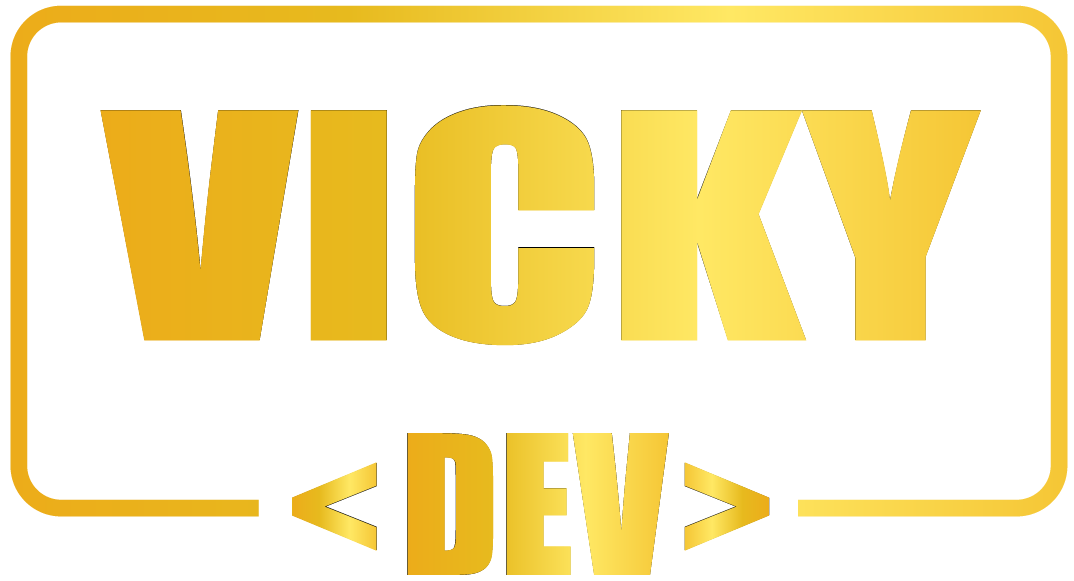Most people think that the time of WordPress is over now. Do you think the same? If yes, then don’t worry, I will explain everything, and you will get your answer.
In 2025, with the rise of no-code platforms, AI-generated websites, and specialized CMS solutions, some might assume WordPress would have been overtaken. Yet, WordPress still powers over 40% of all websites globally, from personal blogs to large-scale enterprise platforms.
You may be thinking, Why is WordPress still relevant when there are so many easier and faster tools available? Your thinking is correct, but the answer is flexibility and cost. Although other things are there, these are the most relevant ones.
In other words, it’s the result of a combination of technical flexibility, community support, and adaptability to changing web trends. For developers, freelancers, and small business owners, understanding why WordPress remains dominant isn’t just interesting; a strategic insight for where to invest time and resources. Below, I will explain each major aspect of why it’s still relevant, in fact, the most relevant.
1. Flexibility Through Open Source
WordPress is open-source, meaning anyone can view, modify, or extend the code. This offers a level of flexibility that proprietary platforms like Wix or Squarespace cannot match. It’s been there for more than two decades, resulting in the most used web creation platform. You may say Squarespace wix are faster and easier.
The question here is, do they provide the level of customization WordPress gives? You may have guessed the answer.
- Logical Reasoning: A platform that is open-source allows for continuous innovation. Developers aren’t restricted by corporate decisions. They can build new plugins, themes, and integrations independently. This continuous innovation makes other commercial projects less relevant.
- Example: A freelancer can create a custom booking system for a client without waiting for a third-party platform to add the feature. First, he will search for a relevant plugin. If he doesn’t get he can simply build his own as simply as that.
- Implication for Developers: Open-source flexibility means that WordPress is not just a website builder, it’s a development framework capable of handling simple blogs or complex enterprise solutions.
Best for Blogs: For most people, when they say that they want to make a website an individual mean a blog. They are not wrong, as it’s the best starting point too. The catch here is that WordPress, by default, is a blog publishing platform. So people start using it right away. Not to forget, it’s best for blogging too.
2. Massive Plugin Ecosystem as a Force Multiplier
WordPress has over 60,000 plugins, covering everything from SEO optimization to AI-powered content creation. This ecosystem reduces the time developers spend building core functionalities and allows them to focus on unique client needs.
- Logical Reasoning: Instead of reinventing the wheel, developers can leverage existing plugins to accelerate development cycles.
- Example: A WooCommerce store can be enhanced with AI product recommendations, automated shipping calculators, and dynamic pricing plugins without writing extensive backend code.
- Implication: The combination of a stable core platform and an extensive plugin ecosystem means developers can deliver high-value solutions faster, which increases client satisfaction and repeat business.
3. Community Support Enables Scalability
WordPress has one of the largest developer communities in the world. Forums, Slack groups, meetups, and extensive documentation make troubleshooting easier and faster.
- Logical Reasoning: When a platform has a vibrant ecosystem of developers, solutions to common and uncommon problems are widely available. This reduces the risk of project delays.
- Example: If a developer faces a compatibility issue between a theme and a plugin, chances are a solution already exists on a forum, saving hours of trial-and-error. Or he can simply change the theme or plugin since there are plenty of free ones.
- Implication: Community support effectively reduces technical risk and accelerates development, making WordPress a safer long-term choice for both freelance and agency work.
4. Ease of Use for Clients Without Sacrificing Power
WordPress achieves a rare balance: developers can implement complex solutions, while clients can manage content without technical knowledge.
- Logical Reasoning: Platforms that are either too simplistic or too complex limit adoption. WordPress’s dual-layer usability ensures broad market appeal.
- Example: A small business owner can update blog posts, manage e-commerce products, and analyze traffic with minimal training, while the backend allows developers to implement custom functionalities like automated workflows.
- Implication: This balance drives adoption across industries, maintaining WordPress’s market share while creating ongoing opportunities for developers.
5. Adaptable to Emerging Trends
WordPress isn’t stagnant. In the past few years, it has embraced:
- Headless CMS approaches, where WordPress powers the backend while modern frameworks like React or Vue manage the frontend.
- AI integration, including content generation, image optimization, and SEO recommendations.
- Performance improvements, such as LiteSpeed caching, cloud hosting optimizations, and Ezoic integration.
- Logical Reasoning: A platform that adapts to trends is less likely to become obsolete. Its ecosystem evolves with technology, keeping both developers and businesses future-proof.
- Implication: Developers who learn emerging integrations like AI automation, headless CMS, or advanced caching techniques can gain a competitive edge while still leveraging the reliability of WordPress.
6. What This Means for Developers and Freelancers
From a logical perspective, WordPress’s dominance creates opportunity and strategy points:
- Opportunity to innovate: Developers can build custom plugins or solutions that extend WordPress functionality, particularly using AI and automation.
- Efficiency: Pre-existing plugins allow developers to focus on value-added features rather than building basic functionality from scratch.
- Marketability: Knowing WordPress deeply makes a freelancer more attractive to clients, as it is widely adopted and trusted.
- Future-proofing: Continuous evolution of the platform ensures skills in WordPress remain relevant, especially when combined with modern frameworks or AI tools.
Conclusion
The answer to why WordPress Still Dominates in 2025 is due to a unique combination of flexibility, ecosystem strength, and community support. In my opinion, it’s going to be the same in the future as well. This is because there are great alternatives too, but the issue is cost and flexibility. WordPress can power a small blog and a big WooCommerce store, too. That too, without any cost. There is not a single platform that comes close.
Even if a company builds a similar tool with AI and all in the future, it’s still gonna cost more definitely. So the conclusion is WordPress is going to stay here. It may get challenged, but it will be relevant for sure.
💬 Your Turn: Do you agree that WordPress will continue to lead the web development landscape? Or do you see other platforms overtaking it soon? Share your thoughts in the comments below.







